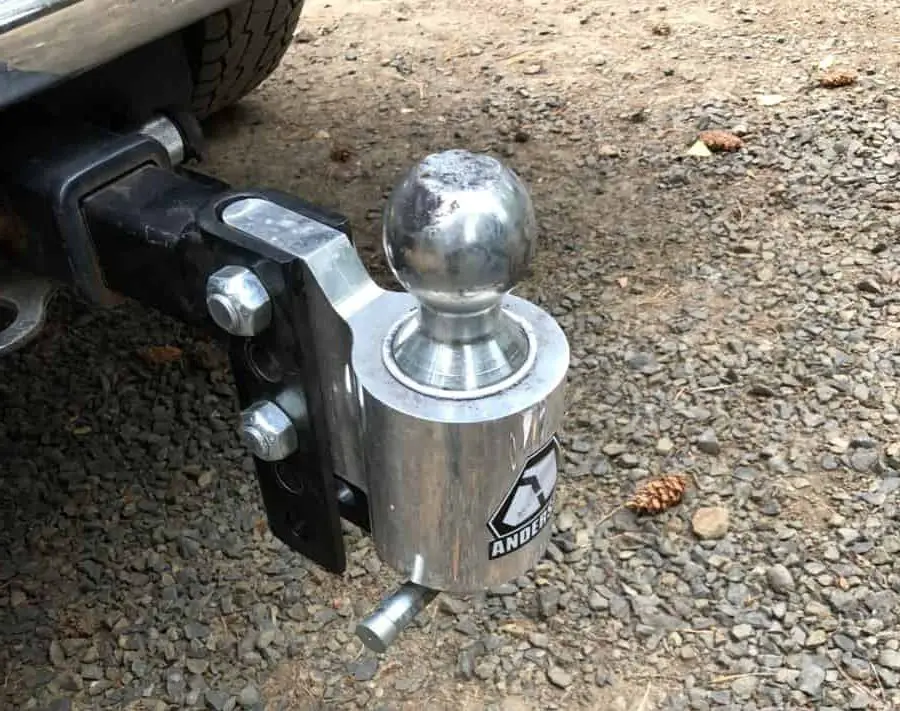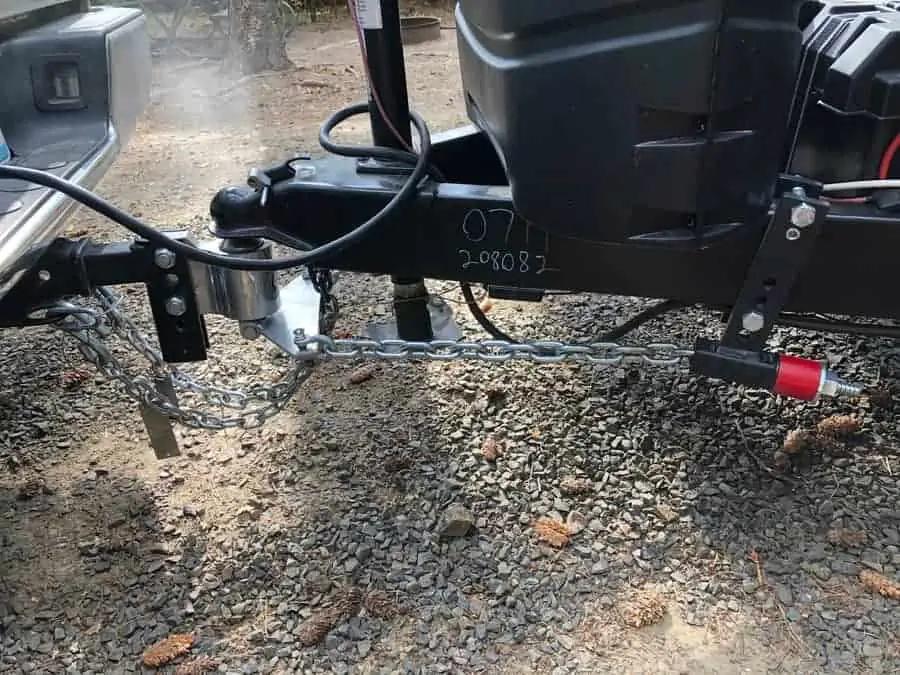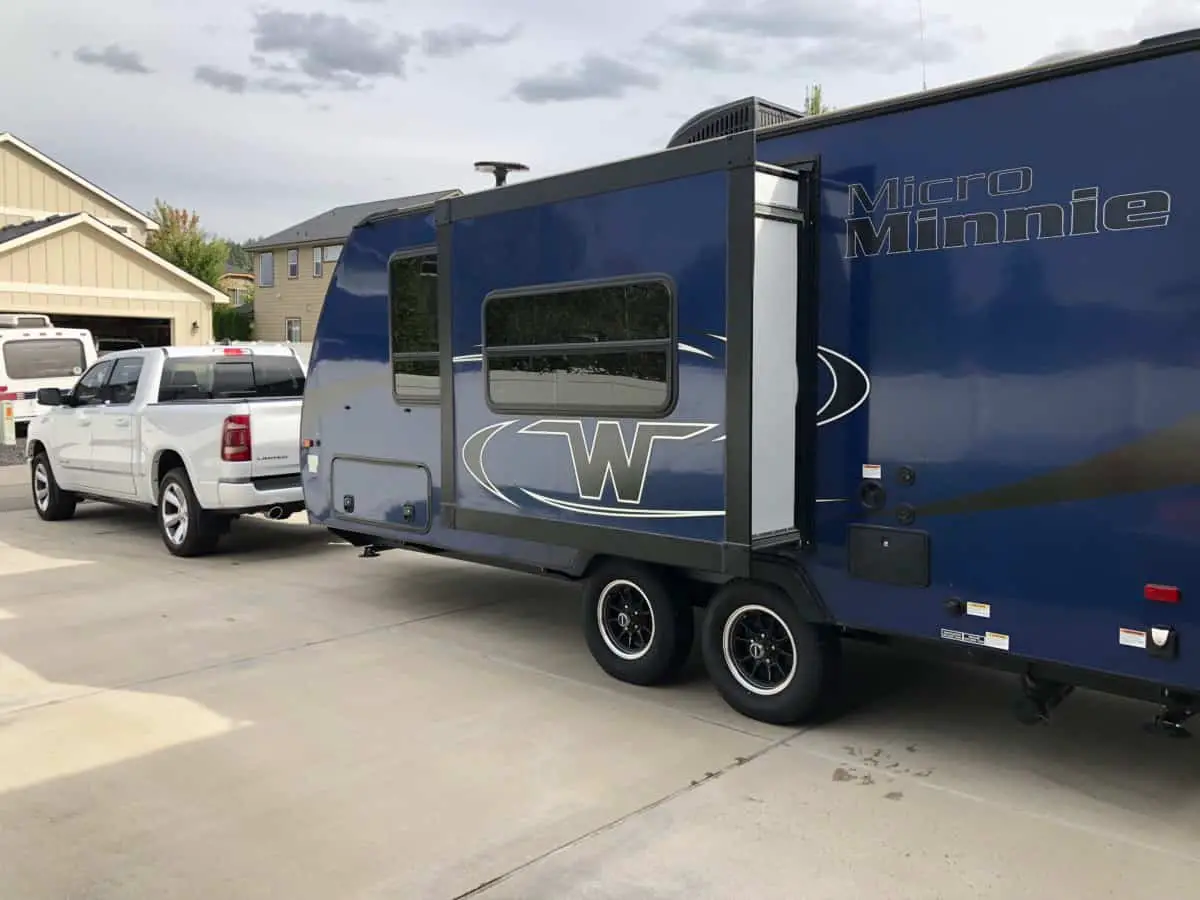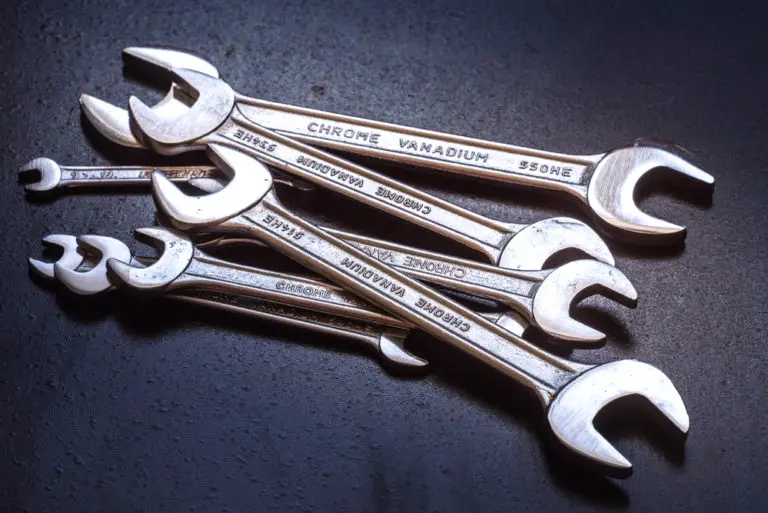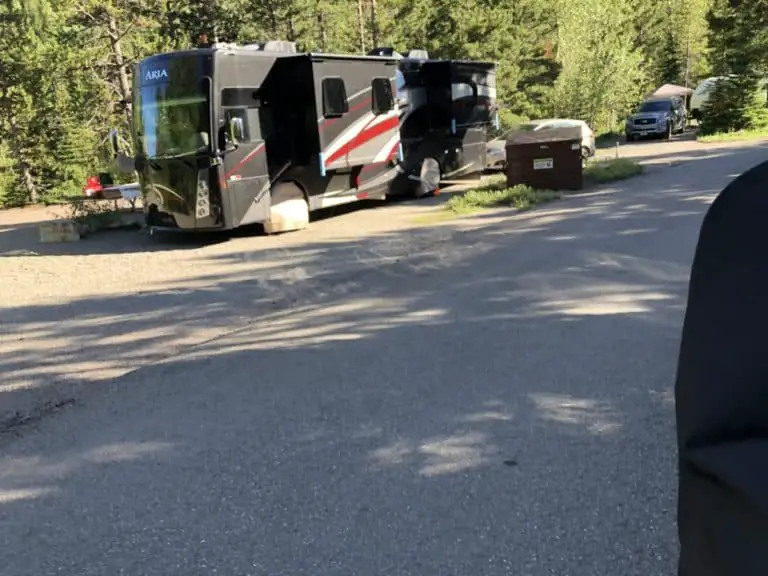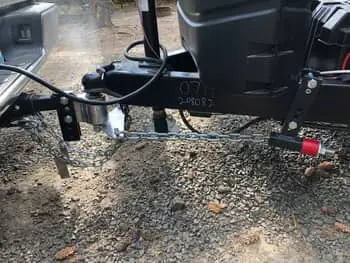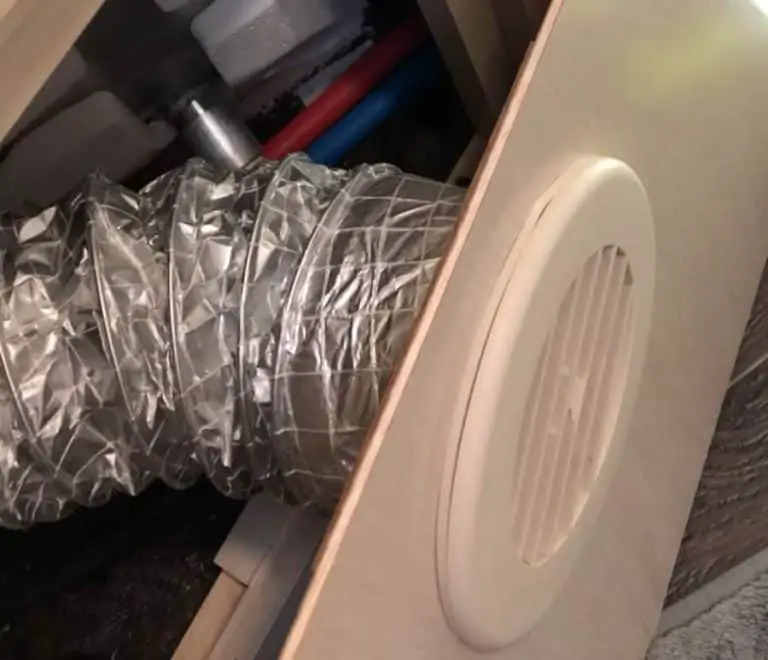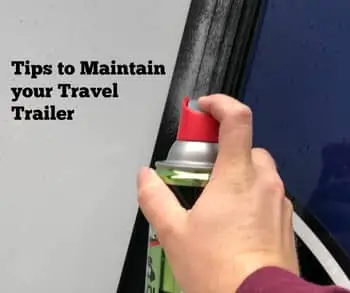Can You Use a Hitch Extender With a Weight Distribution Hitch?
If you’re towing a trailer or RV with a truck that has a traditional rear or bottom hitch, you usually won’t have to worry about needing a hitch extender. However, if you have a car or SUV with a bottom-mounted hitch, an extender might be necessary. This is especially the case when the ball hitch you have for your car is too short and doesn’t reach from the hitch insert to the back of your vehicle.
You can’t use a weight distribution hitch with a hitch extender. Weight distribution hitches require attaching two bars from the tongue of your trailer or RV to the hitch. When you add an extender into the mix, the bars may provide too much torque and tension on the hitch and become unsafe.
While you can technically go through the steps of fastening a weight distribution hitch to a hitch extender, it will reduce the hitch’s effectiveness. The whole point of a weight distribution hitch is to shift the weight of whatever you’re towing to the front and rear axles of the towing vehicle. Adding a hitch extender into the mix will negate the weight distribution hitches’ ability to evenly distribute weight.
What is a Hitch Extender?
A hitch extender is an extremely handy commodity when you’re towing. The extender or extension inserts into the hitch receiver tube on your towing vehicle, just as the shank on a traditional ball hitch would. On the opposite end of the hitch extender, there’s a second receiver tube that your actual hitch inserts into.
Hitch extenders are typically only used when they’re absolutely necessary. Typically, it happens when the hitch on your towing vehicle is installed too far toward the middle of your vehicle or when you want to avoid a rear mounted spare tire. When this happens, certain ball-mount hitches aren’t long enough to insert all the way into the receiver tube and have the ball portion reach past the rear of your vehicle.
Rather than moving the receiver hitch on your vehicle, which is extremely difficult and sometimes impossible, you can invest in a hitch extender. Hitch extenders can add anywhere from four to eight inches of extension to your hitch. It’s the fastest, easiest, and cheapest way to make your hitch longer and towing possible.
Does Adding a Hitch Extender Reduce Towing Capacity?
While hitch extenders make towing possible when it otherwise isn’t, there are a few downsides. In addition to not being able to use a weight distribution hitch with an extender, they also tend to reduce the towing capacity of your vehicle. In some cases, hitch extenders can reduce the towing capacity by as much as 50%.
The effect of reduced towing capacity only affects your hitch, however. The towing capacity of your vehicle shouldn’t be affected, but only that of the hitch you’re using to tow. So, if you have a hitch with a normal towing capacity of 5,000 pounds, it will get reduced to 2,500 pounds.
How Much Weight Can a Hitch Extender Hold?
The amount of weight your hitch extender can hold depends entirely on the extender and what it’s made of. Some extenders can tow up to 5,000 pounds, while others are only good for up to 1,000.
To find out how much weight a hitch extender can hold, it’s important to do a little research. If you’re buying the extender online, it should say in the product details how much weight it’s capable of handling. If you’re buying an extender in a store, it should say on the back of the product how much weight it can handle. You can also ask a store associate if you’re not sure where to find the information you need.
If you already own a hitch extender but have forgotten its weight capacity, it should say somewhere on the shank what its weight capacity is. It’s important to check the specs of each individual hitch because they all have different capabilities.
Is an Equalizer Hitch the Same as a Weight Distribution Hitch?
Although it’s a less common name, equalizer hitches are the same as weight distribution hitches. Equalizer hitches, also known as weight equalizing hitches, are so-named because of how they “equalize” the weight of your trailer or RV across your towing vehicle. Equalizer hitches use the same bars and mechanisms as that of a weight distribution hitch and you can use the terms interchangeably.
Does Weight Distribution Hitch Increase Hitch Weight?
Whether or not a weight distribution hitch increase hitch weight is slightly complicated. First off, weight distribution hitches don’t increase the towing capacity of your towing vehicle. Your truck or car is only capable of towing so much weight, and a hitch won’t increase that amount. However, a weight distribution hitch can increase the towing capacity of the hitch that’s mounted to the bottom of your towing vehicle by up to several thousand pounds.
Second, while a weight distribution hitch won’t increase the hitch weight on your vehicle, they tend to weigh more than traditional hitches. However, the additional weight of your weight distribution hitch offsets with the increased towing capacity of the hitch it’s inserted into. Therefore, you can safely assume that your tongue and towing weight won’t change when you add a weight distribution hitch into the mix.
Be the first to be notified about FREE tips, hints, coupon codes, and email-exclusive information. All for FREE!

